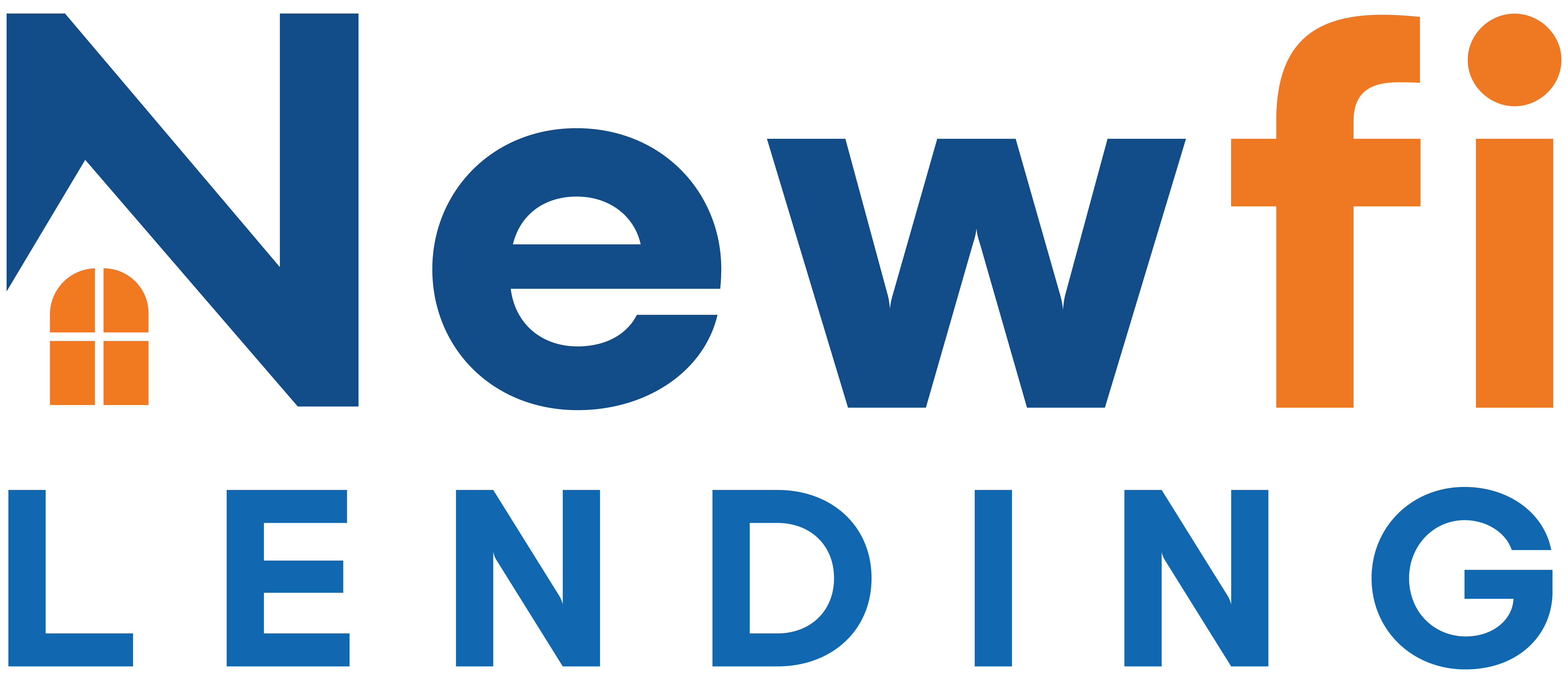For many people, buying a home is the pinnacle of their adult life, but knowing where to start can be difficult. If your head is swimming with questions like, “How much do I really need to save for a mortgage down payment?” just know that you’re not alone! With so many mortgage options available to you, it’s hard to know which one might be right for you.
There are a variety of requirements that borrowers should be aware of when purchasing a home.
Two of the most important mortgage requirements to take into consideration are down payment and loan-to-value (LTV).
Every mortgage lender will have its own guidelines and requirements, so narrowing down what you can afford is vital.
What is a Down Payment?
A down payment is the amount of money that a borrower puts towards a mortgage loan upfront. A down payment represents a portion of the total purchase price of a home, and your mortgage is used to pay for the rest of the purchase over time.
There are minimum down payment requirements for your mortgage depending on your situation, however you can put more down if you’re able to! Larger down payments can lower your monthly mortgage payments and interest.
What is LTV?
A Loan-to-value ratio or LTV is an assessment of lending risk that financial institutions or lenders use to qualify you for a loan. LTV is calculated by dividing the total loan amount by the total value of the asset.
For example, if a buyer makes a down payment of $25,000 on a $200,000 property, they are putting 12.5% down and borrowing 87.5% of the property’s value. In this case, their LTV is 87.5%. There are maximum LTV requirements on different loan types.
Your Mortgage Options & Their Requirements

FHA
FHA loans are typically best for new homeowners and those who want to put less down up front. FHA loans are backed by the Federal Housing Administration and are designed to help increase accessibility to homeownership. Homeowners with credit scores as low as 580 can qualify for an FHA mortgage.
They also allow some qualified borrowers to borrow up to 96.5% of their homes value, this means down payments can be as small as 3.5%! It is important to remember that private mortgage insurance (PMI) will likely be required on an FHA loan. This is an additional expense you will have to pay on top of your monthly mortgage payments.
Conventional
Conventional home loans are a great option for borrowers who have higher credit scores. To qualify for a conventional loan, potential homeowners must have a minimum credit score of 620. Borrowers can qualify with as little as 3% down on a conventional mortgage, but typically borrowers will put down at least 20%.
This is because when homeowners have less than 20% equity in their home, they must pay for private mortgage insurance (PMI). Not having to pay for PMI lowers your monthly housing payment obligation.
VA
Are you or your spouse veterans or a part of the United States Military Forces? If you said yes to that question, then you may be eligible for a VA loan. VA loans are offered through the US Department of Veteran Affairs and can be extremely valuable to active or former military members.
VA loans can be beneficial because when you meet a specific lender’s credit and income requirements, down payments can be as low as 0% and don’t require private mortgage insurance (PMI). These loans are available to US military active-duty service members, veterans, national guard and reserve members, or a surviving spouse.
Second Homes and Investment Property Mortgages
Looking to purchase another property? Second homes and investment property mortgages are a great way to build your real estate portfolio. Because this will not be your primary residence, lenders typically have stricter requirements. They may require you to put more down to qualify for your second home or investment property.
Self-Employment Loans
Are you a self-employed worker who earns their income in other ways than a traditional W-2? It can be harder for your to prove your income when you have tax write offs, receive a 1099, or want to use business income to qualify.
Newfi provides a unique self-employment program that allows borrowers to document income using the business or personal bank statements, 1099, or their filled annual sales total from their tax return.
This program is unique to Newfi and offers down payments as low as 10%. When applying for self-employment loans, 2 years of self-employment history is required (which can include similar past experience), and credit scores must be greater than 660.
Purchase Your Next Home With Newfi!

Buying your first home is an exciting adventure! Finding the right mortgage for you can be a challenge, but it’s important to remember that there are options available. At Newfi, we recommend speaking to a Senior Loan Advisor about your options!
Ready to start your home buying journey? Interested in working with Newfi to finance your future? Get a quote or talk to one of our loan advisors today at https://newfi.com/home-buying/
Want to know how other home buyers feel about Newfi? Ready any of our 1,300+ reviews and see what our clients have to say!

